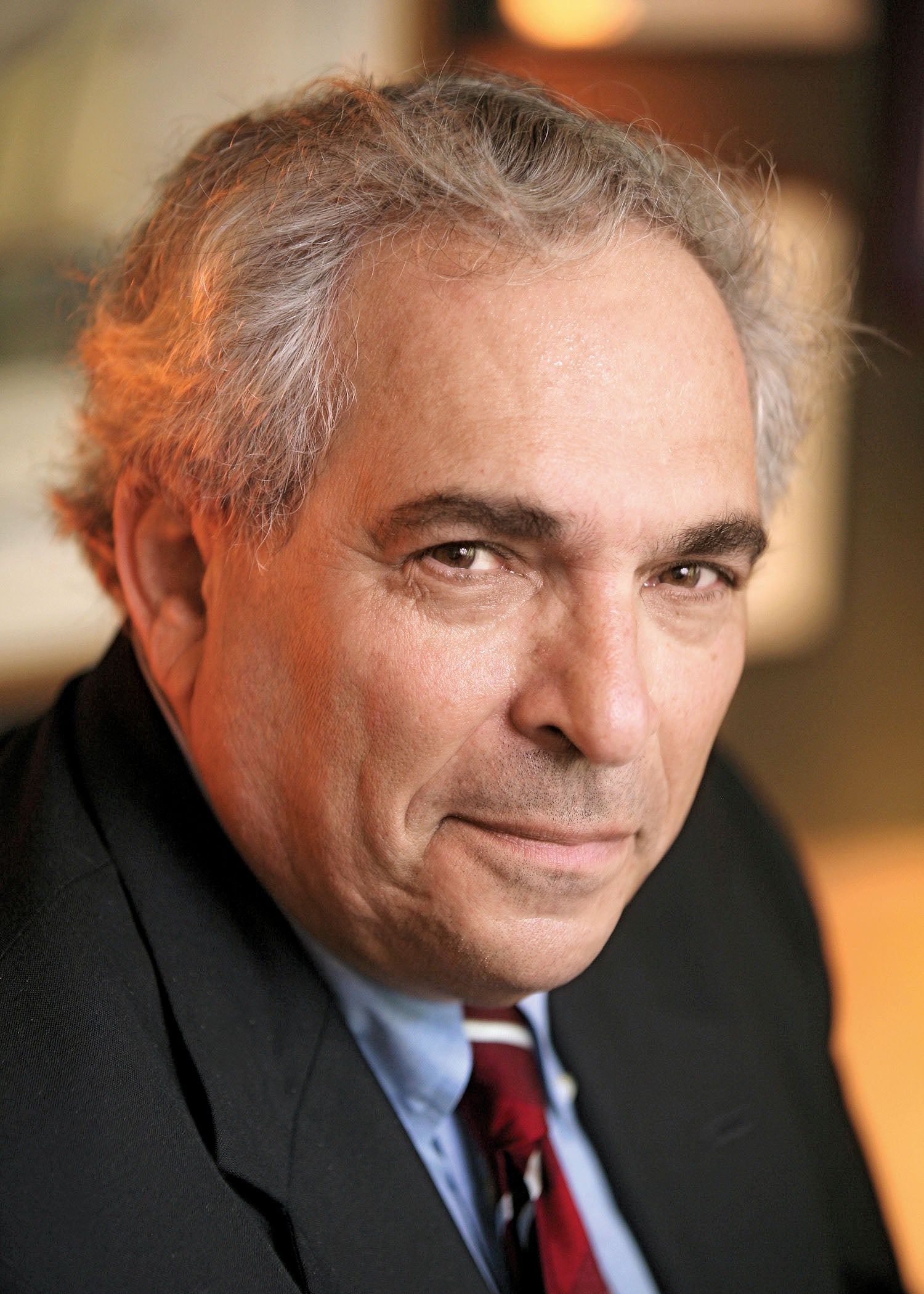In a July 19 op-ed published in the Opinion section of the Financial Times, Harvard Law School Professor Hal Scott reflects on the past, present, and future of the Dodd-Frank Wall Street Reform and Consumer Protection Act on the anniversary of its passage into law.
Scott asserts that the act has not been effective in providing solutions for the causes of the financial crisis, arguing that, in the long term, the act will have a negative effect on the competitiveness of U.S. institutions in international markets.
Scott is the director of the Committee on Capital Markets Regulation, which in May 2009 released a comprehensive report entitled “The Global Financial Crisis: A Plan for Regulatory Reform.” He is also co-chair of the Council on Global Financial Regulation and director of the Program on International Financial Systems at Harvard Law School. His books include the law school textbook “International Finance: Transactions, Policy and Regulation” (Foundation Press, 17th ed., 2010); and “The Global Financial Crisis” (Foundation Press, 2009).
Little to celebrate on Dodd-Frank’s birthday
by Hal Scott
America’s Dodd-Frank act is one year old on Thursday. The act made some useful corrections in the regulation of American financial markets, but it has failed to respond effectively to the root causes of the financial crisis and its impact on the global financial system. In the short term, it has hindered economic recovery. Worse, in the longer term, it has actually made future crises more likely, while potentially damaging the international competitiveness of America’s financial institutions.
The crisis resulted from a housing bubble fuelled by loose monetary policy and excessive risky lending by over leveraged banks, encouraged by pro-housing financial regulation. Yet Dodd-Frank did not rectify the low underwriting standards of Fannie Mae and Freddie Mac, and failed to reverse the low levels of capital that Basel has required banks to hold for mortgages. Its creation of a Financial Stability Oversight Council to monitor systemic risk – a ten-headed hydra of largely independent agencies – will not be effective. … Read the full article on FT.com (subscription required) »
